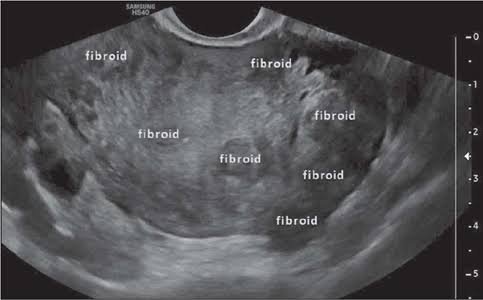MEDHIVE: Still on FIBROIDS, What are your options?
Uterine fibroids are a common issue for many women, but a lot of people don’t even realize they have them. In fact, more than 80% of women with fibroids don’t know they have them. Most women only find out when they start having symptoms, during a routine check-up, or when they’re trying to get pregnant. This is why it’s so important to stay on top of your health. If you haven’t had a check-up in a while, it might be a good idea to see your doctor and ask for a scan, just to be sure.
But what happens if you find out you have fibroids? What can you do? Unfortunately, some women turn to unproven remedies, like strange herbal drinks or concoctions, hoping they’ll get rid of the fibroids. These remedies aren’t just ineffective—they can actually harm your liver, kidneys, or even your brain. In some cases, they can be deadly. That’s why it’s so important to stick to treatments that are proven to work and to talk to a doctor about your options.
I see fibroids of such everyday while scanning and one of my questions for these patients is, "Since when have you known? some say its been a while and really some say they never knew. But then those who may have know for a while were give some drinks which eventually didnt work. Before they resorted to coming to the hospital. Some of these promising drink are very expensive for the harm they cause too.
The good news is, there are several ways to treat fibroids, and the best option depends on things like the size and number of fibroids, your age, whether you want to have kids, and any symptoms you’re having. Let’s break down the options:
1. Watch and Wait
If your fibroids are small and not causing any problems, your doctor might suggest just keeping an eye on them. This means you’ll have regular scans to check if the fibroids are growing or causing any issues. This approach works well for women who aren’t having symptoms or fertility problems.
2. Medication
Sometimes, doctors prescribe medication to shrink fibroids. This is often done before surgery to make the fibroids easier to remove. The medication can help reduce the size of the fibroids, but it’s not a permanent fix. If you stop taking the medication, the fibroids can grow back, sometimes even bigger than before. So, medication is usually used as a step before surgery, not as a long-term solution.
3. Surgery (Myomectomy)
If you need to have fibroids removed but want to keep your uterus (especially if you plan to have kids), a myomectomy might be the best option. During this surgery, the doctor removes the fibroids but leaves the uterus intact. Sometimes, they find more fibroids during the surgery than they saw on the scans. After the fibroids are removed, the uterus is stitched back up, and you’ll need some time to recover. The downside is that fibroids can grow back after this surgery.
4. Hysterectomy
For women who don’t plan to have children or have already completed their families, a hysterectomy—removing the entire uterus—might be recommended. This is a permanent solution because once the uterus is gone, fibroids can’t come back. However, it’s a big decision, so it’s important to talk it through with your doctor and make sure it’s the right choice for you.
5. Less Invasive Options
There are also newer, less invasive treatments available. One of these is called uterine artery embolization (UAE). In this procedure, the doctor blocks the blood flow to the fibroids, which causes them to shrink and eventually break down. This is a good option for women who want to avoid major surgery. While this method is still becoming more common in some places, it’s widely used in many countries and can be a great alternative.
The best way to treat fibroids depends on your specific situation. If you think you might have fibroids or have already been diagnosed, the most important thing is to talk to a doctor. Don’t waste time or risk your health with unproven remedies. There are safe, effective treatments available, and your doctor can help you figure out which one is right for you.
Taking care of your health is always a good idea. If you’re worried about fibroids, don’t wait—schedule a check-up and get the information you need to make the best decisions for your body.

